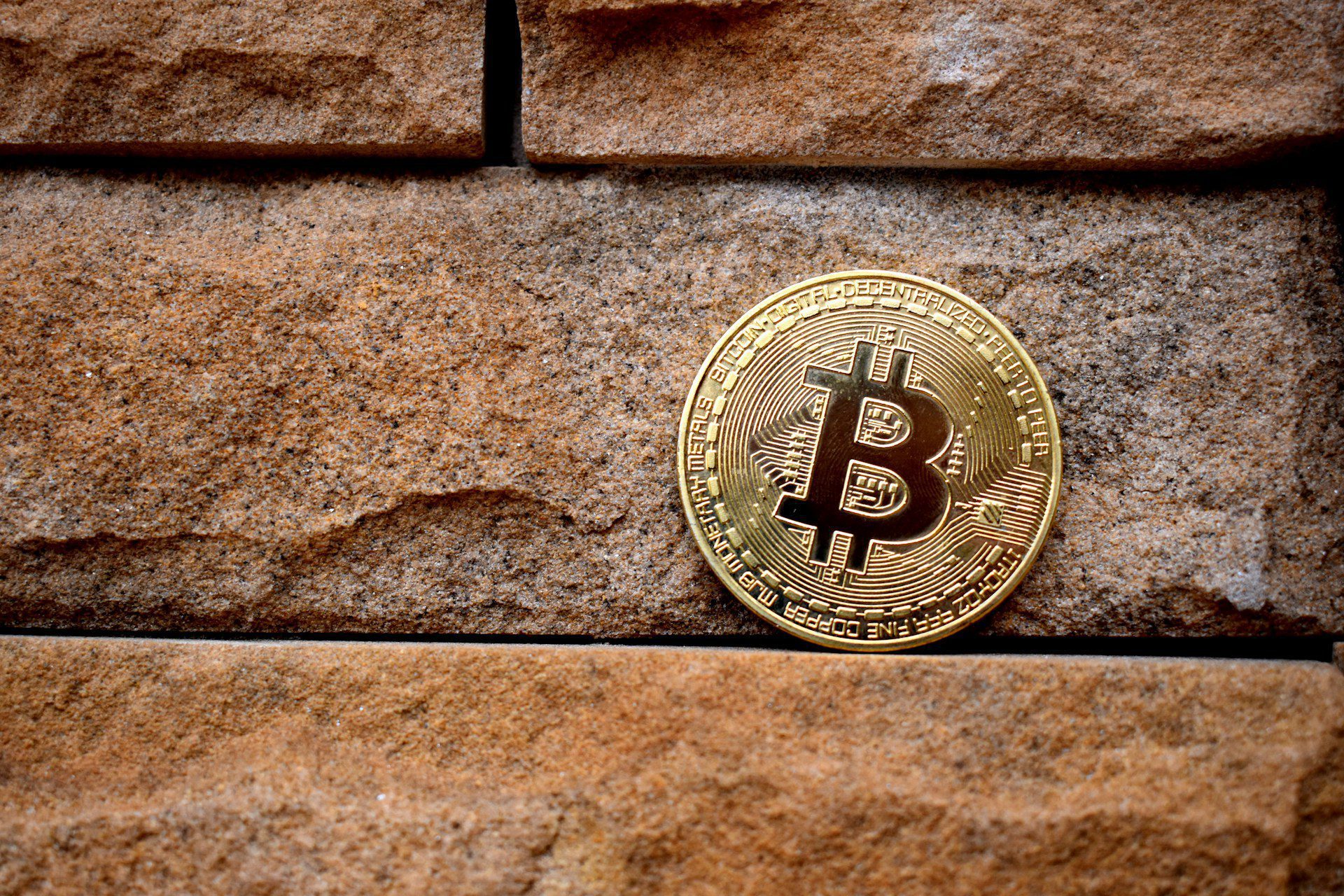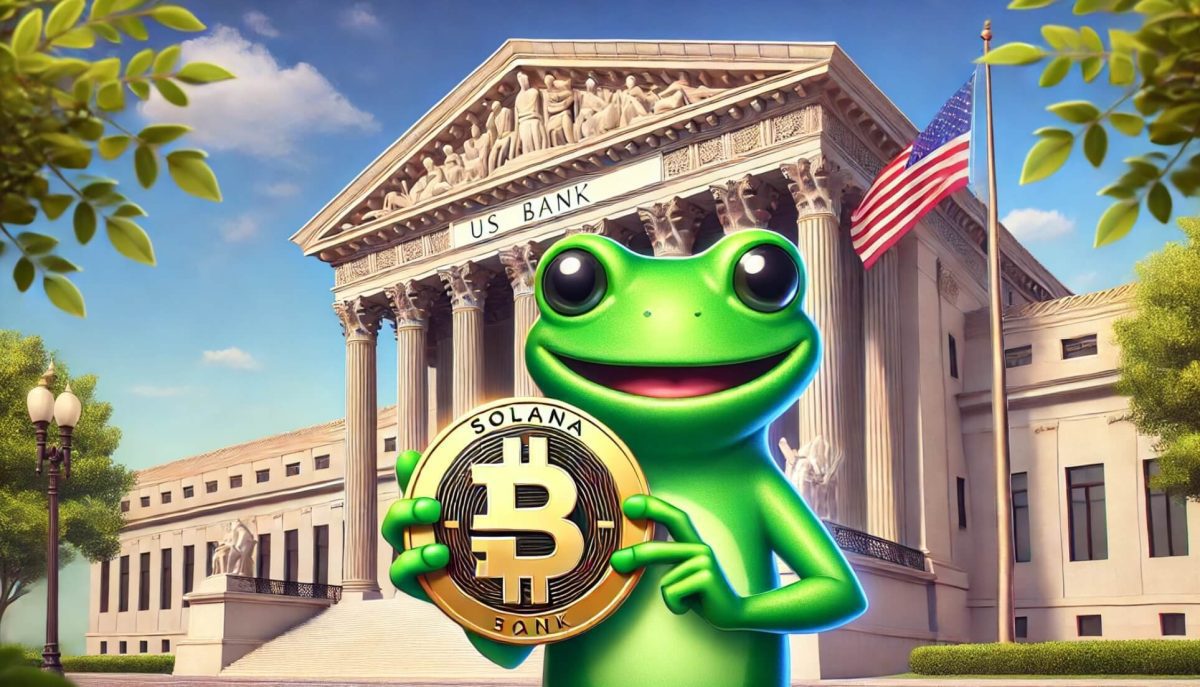Binance, a prominent player in the cryptocurrency exchange market, has made headlines with its recent approval from Brazilian authorities. On January 2, the company revealed that Brazil’s Central Bank has authorized its acquisition of Sim;paul, a licensed broker-dealer operating in the country. This development underscores Binance’s commitment to regulatory compliance and its ambitions to broaden its footprint in Latin America.
Binance Achieves 21st Global Regulatory Approval
The uptake of Sim;paul marks Binance’s 21st regulatory nod globally, reinforcing its stature within the cryptocurrency sector. Previously, Sim;paul was permitted to issue electronic money and handle securities distribution, essential for financial dealings in Brazil.
By integrating Sim;paul, Binance aims to adapt to the changing regulatory landscape in Brazil while offering local broker-dealer services. With this licensing, it becomes the first cryptocurrency exchange to secure such a license in Brazil, the largest country in Latin America, as noted in a press release.
Binance’s CEO, Richard Teng, expressed his enthusiasm on social media about this achievement. He remarked, “The year 2024 has been amazing for both crypto and Binance, and starting 2025 with this important global regulatory milestone is significant.” He highlighted that Binance is now a licensed broker-dealer in Brazil, marking an important success in this vital market.
Teng further reiterated Binance’s dedication to enhancing the Web3 ecosystem, stating, “We stand at the forefront as the first crypto exchange to obtain a broker-dealer license in LatAm’s largest nation, emphasizing our ongoing initiatives for responsible and sustainable Web3 development, along with increasing adoption in Brazil and beyond. Vamos juntos, Brasil!”
This regulatory endorsement comes at a time when Brazil is showing a growing interest in cryptocurrencies. There have been notable efforts towards incorporating digital assets into the country’s financial framework. Recently, Congressman Eros Biondini proposed legislation to establish a Strategic Bitcoin Reserve, suggesting that up to 5% of Brazil’s foreign reserves could be used to invest in Bitcoin, highlighting a strategic diversification into cryptocurrency.





